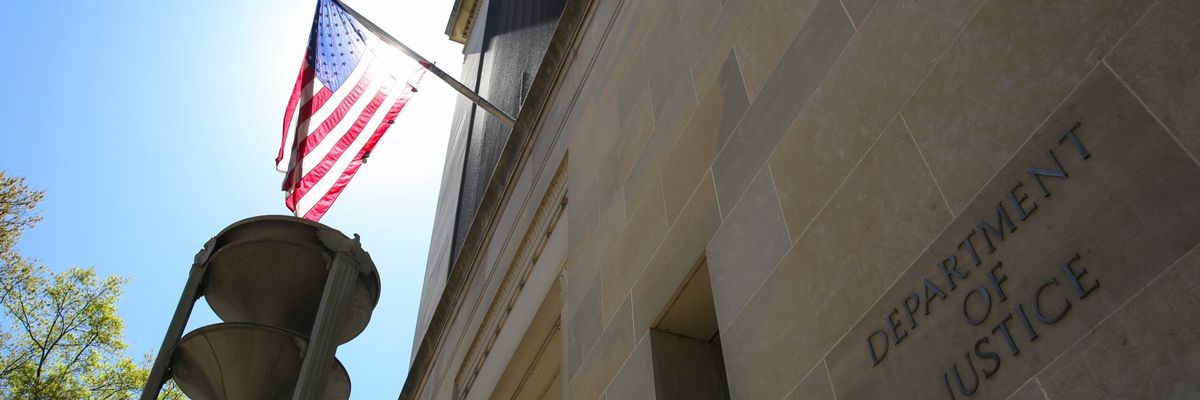Late Friday the Department of Justice’s Foreign Agents Registration Act (FARA) Unit issued guidance indicating that think tanks and non-profits doing work at the behest of a foreign government likely have an obligation to register under FARA.
In a new Advisory Opinion — the FARA Unit’s public, though heavily redacted, responses when organizations ask if they should register or not — the Chief of the FARA Unit argues that the unnamed organization in question should register under FARA as its work for foreign principals included outreach to policymakers in the defense community, facilitating “meetings and new partnerships in the United States, particularly with U.S. government officials,” and has agreed to prepare a study that would “foster bilateral exchange and cooperation between” a foreign government and the United States.
As the Chief argues, each of these actions constitutes “political activity” under the FARA statute, defined as attempts to “influence any agency or official of the United States or any section of the public within the United States with reference to . . . the domestic or foreign policy of the United States.”
All of this is also work that many foreign government funded think tanks do regularly. Outreach to policymakers — including those with sway over policies that would impact foreign funders — is an everyday occurrence for many think tanks. And, events and meetings in D.C. often feature officials from foreign governments that fund the think tank hosting the event. The United Arab Emirates, for example, is one of the top funders of U.S. think tanks and the UAE’s Ambassador in Washington regularly speaks at events, dinners, and on panels hosted by think tanks the UAE funds.
Perhaps the most notable aspect of this latest FARA Advisory Opinion is the contention that an organization preparing a foreign government funded study that would foster bilateral exchange and cooperation between the foreign government and the United States would require FARA registration as, “furthering bilateral exchange with the United States constitutes political activities,” according to the Opinion.
Josh Rosenstein, a partner at Sandler Reiff Lamb Rosenstein & Birkenstock, who advises clients on FARA, explained that “this provides some clarity on its face — that writing a paper for a foreign government advising them on engagement strategies with the U.S. government likely requires registration. But it's hard to tell whether the [FARA] Unit is more focused on that work itself or the contemplated outreach that might result from the paper.”
If the FARA Unit is, in fact, viewing papers published at the behest of foreign governments as grounds for FARA registration, think tanks should most definitely take notice. As Eli Clifton and I wrote in the Quincy Institute brief “Restoring Trust in the Think Tank Sector,” it’s not unusual for think tanks to be paid by foreign governments to write specific policy papers. For example, as The Intercept first reported, the Center for a New American Security (CNAS) was paid $250,000 by the UAE to write a report on the U.S. exporting military drones, which would, according to the UAE Ambassador, “help push the debate in the right direction.” CNAS then released a public report, recommending that the United States should export military drones to a number of countries, including the UAE. In November 2020 the Trump administration announced plans to sell $2.9 billion worth of armed drones to the UAE.
FARA unit Advisory Opinions do not have precedential value and are only intended as a response to the specific organization requesting the opinion, however. So, this new guidance does not automatically apply to CNAS, or any other think tank writing papers at the behest of a foreign government. At the very least though, this new Advisory Opinion should serve as a cautionary tale to think tanks doing the bidding of foreign governments and not registering under FARA.















